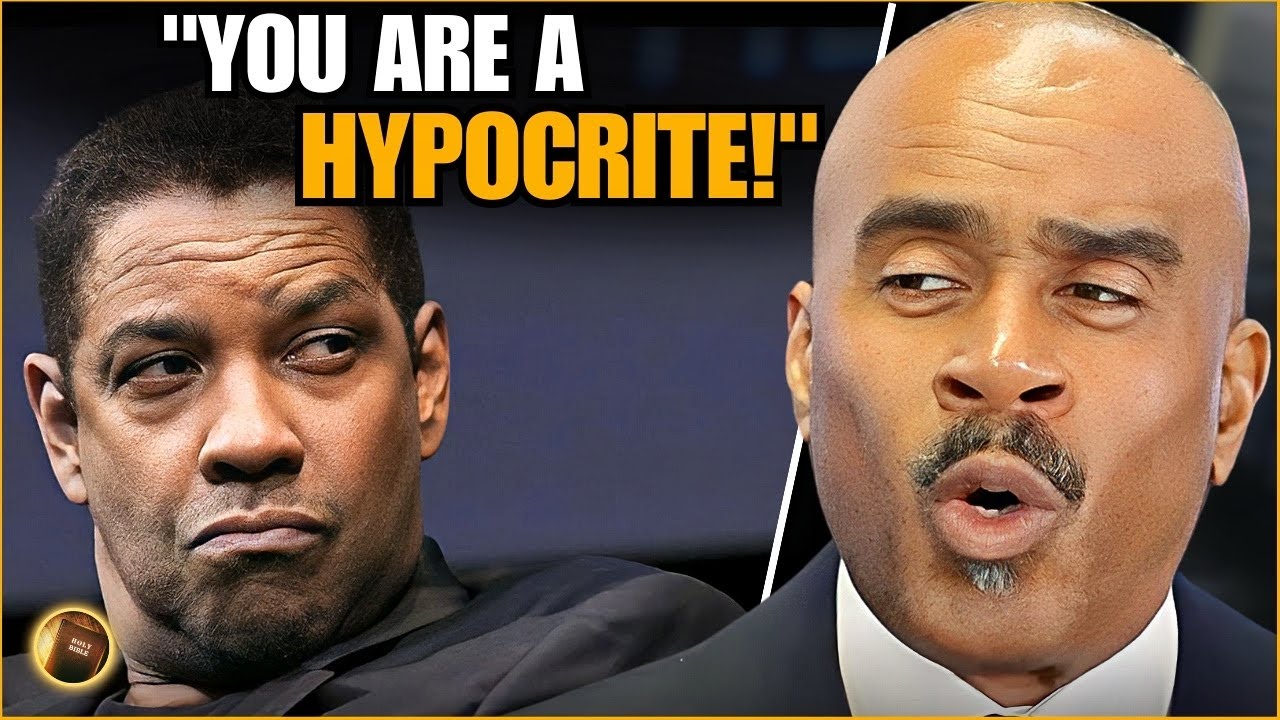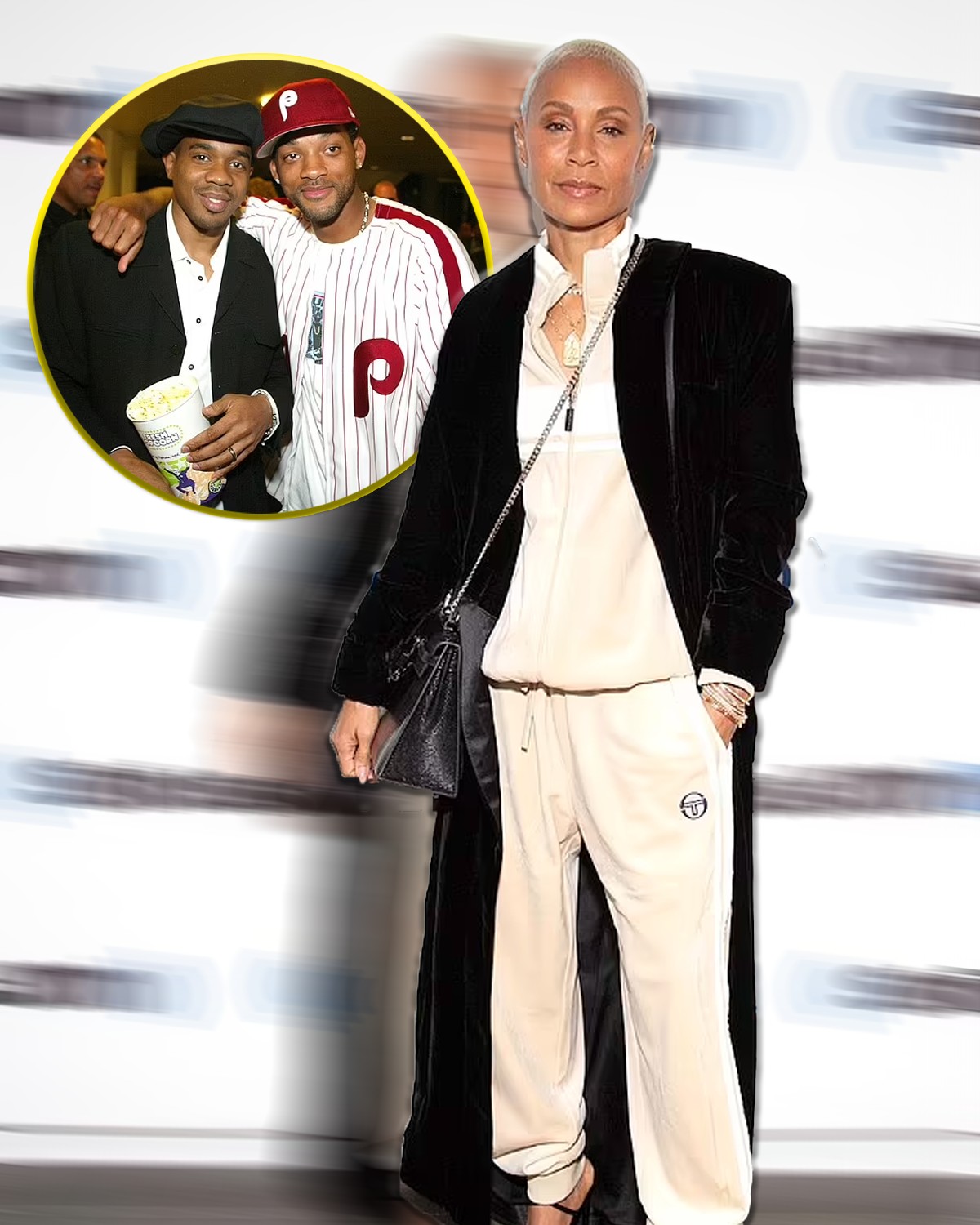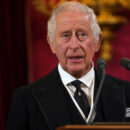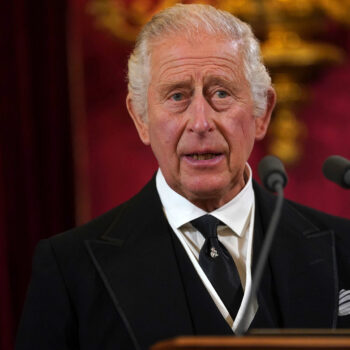
Gino Jennings Stands Up to Denzel Washington! – What Happened Will Leave You SPEECHLESS!-be
Gino Jennings recently made headlines with his outspoken critique of Denzel Washington’s portrayal of Christian values versus his on-screen behavior. In a fiery speech, Jennings didn’t mince words, labeling Washington a hypocrite for claiming to be a Christian while using foul language directed at God in his movies.
Jennings passionately expressed his disappointment, highlighting the stark contradiction between Washington’s profession of faith and his on-screen behavior. He urged viewers to consider the message it sends when someone publicly identifies as a Christian yet contradicts those beliefs through their actions.

The debate sparked by Jennings’ words extends beyond Washington to other actors and celebrities who publicly identify as Christians while engaging in behaviors that contradict those beliefs. It raises important questions about the role of personal conviction in an industry often driven by artistic expression and commercial success.
Jennings’ critique underscores the importance of authenticity in the entertainment industry and prompts reflection on the responsibility of public figures to align their actions with their professed beliefs. It encourages a deeper examination of the integrity of individuals’ faith and the impact of their actions on perceptions of Christianity and popular culture.
Furthermore, Jennings’ boldness in calling out Washington and other celebrities reflects his unwavering commitment to upholding the principles of righteousness and truth. His message resonates with many who value authenticity and sincerity in religious leadership, serving as a reminder of the importance of holding individuals accountable regardless of their prominence.
In conclusion, Gino Jennings’ critique of Denzel Washington’s portrayal of Christian values sparks a crucial dialogue about the intersection of faith and entertainment. It underscores the importance of integrity and authenticity in shaping public perceptions and cultural narratives about faith and morality in popular culture.















